LOCATION, LOCATION, LOCATION
Terranea’s stunning setting is the product of history, conservation, and a unique climate. Here are ten
things to know that define the natural environment.
Read On things to know that define the natural environment.

“That’s a marine protected area,” points out sustainability leader Lauren Bergloff as we admire one of Terranea’s many breathtaking views during a leisurely nature walk. The sky is cerulean blue without a cloud in sight. “People cannot fish or take anything,” she explains of the enclave densely populated with kelp.
Lauren is among Terranea’s sustainability team members under the leadership of resort president Terri A. Haack. The property already had eco-friendly practices in place like a salt conservatory where VP of Culinary Experiences and Executive Chef Bernard Ibarra cultivates sea salt for the restaurants and for purchase at sea beans. There are also citrus groves, beehives, complimentary nature walks seven days a week and longer, two-hour coastal hikes that lead to the lighthouse where the American Cetacean Society counts grey whales every day from December through May.
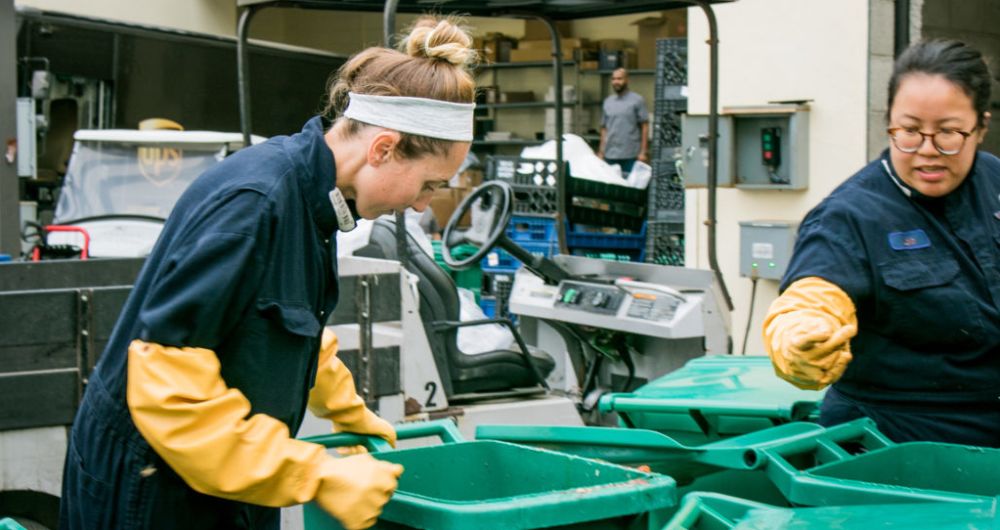
But in the last year, Terranea has devoted even more resources to sustainability. Among those efforts are complimentary kayak tours for associates with a special mission: help clean up the kelp forest by picking up trash along the way.
The monthly two-hour tour goes from the beach cove all the way to the lighthouse and back. On Earth Day, World Ocean’s Day and Coastal Cleanup Day, Terranea offers a discounted price for guests and locals to participate. On the most recent Coastal Cleanup Day, 45 locals, guests and members of the resort’s Green Team collected 111 pounds of trash by kayaking and walking along the coast.
Though Coastal Cleanup Day was an enormous success, Terranea’s biggest accomplishment in 2017 was a donation of surplus foods to Chefs to End Hunger. The nonprofit’s mission is to redistribute excess prepared food from hotels and restaurants to people in need instead of it going to waste.
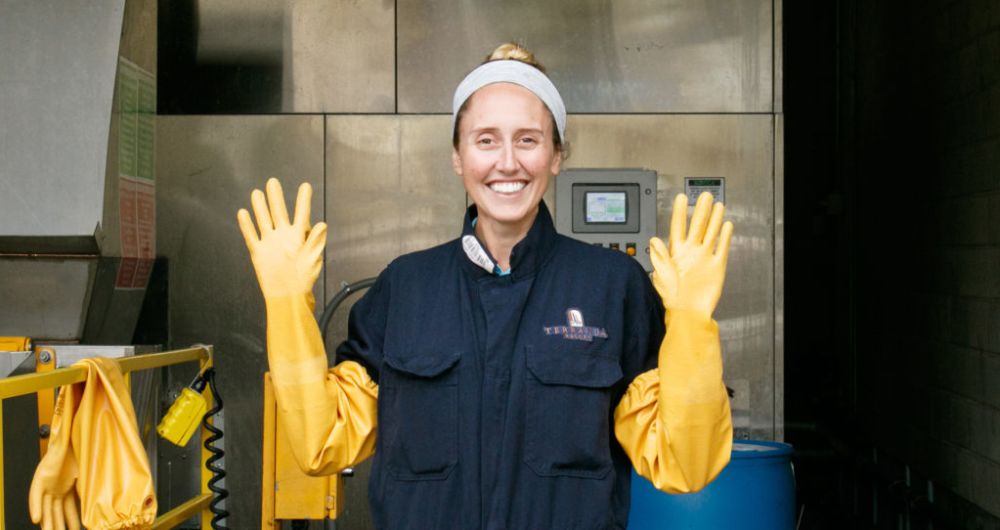
“If there’s any surplus food that hasn’t been served from a buffet and it’s still in a hotbox at a safe temperature, we can donate that to Chefs to End Hunger,” explains Lauren of the organization that also operates a for-profit food company, LA&SF Specialty. “They actually pick it up for us when they drop off produce.”
Lauren explains that there is a huge stigma behind food waste. “People think you can’t donate because of liability. In 1996, the Bill Emerson Good Samaritan Food Donation Act was passed federally. It protects you if you’re doing so in good faith and in a safe manner.”
Having dedicated team members is important for the property’s sustainability efforts. Lauren and colleague Cathy Nguyen, the resort’s sustainability and engineering assistant, attribute this to the skyrocket in food donations. In January they diverted 2,400 pounds of food from going to waste to feeding the hungry. Year to date, Terranea has donated over 6,000 lbs. of food to the program.
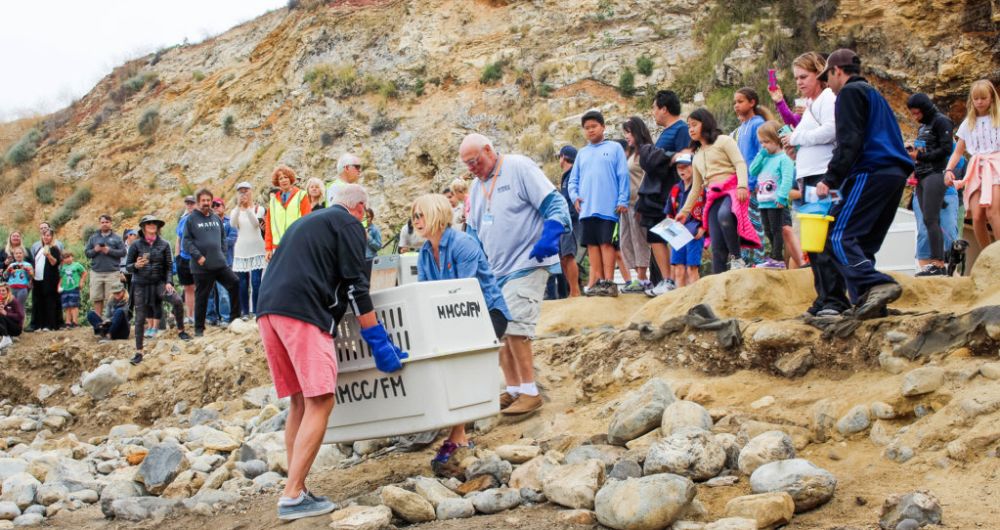
Through Chefs to End Hunger, Terranea was introduced to The Midnight Mission, one of the shelters where food is donated. In March 2017 The Midnight Mission in Downtown LA’s Skid Row added a wing for women with 42 beds.
In addition to meals, Terranea has donated essential oils, bathrobes, linens, toilet paper, and toiletries—ideas that sprung from various departments, including housekeeping and The Spa. Imagine 1,060 rolls of toilet paper and 452 bottles of partially consumed shampoo, conditioner and lotion being donated to the homeless in January. That’s more than 300 pounds that would have otherwise been discarded. Year to date, Terranea has donated over 2,000 lbs. of toiletries and toilet paper to the Midnight Mission.
Terranea’s Green Team includes 27 sustainability ambassadors from different departments, including engineering, food and beverage, housekeeping, marketing, the spa, and retail. The group meets once a month, usually on a Friday morning, and discusses happenings in each person’s department so they can collaborate and figure out how to combine resources and improve the program.
And having an insider goes beyond shadowing. “I had no idea what we did with our toilet paper and toiletries,” confesses Lauren, who was approached by one of the housekeepers asking what they could do with the partially used products that are replenished as soon as people check out of a room. Similarly, The Spa’s Green Team ambassador suggested donating robes that were in good condition to The Midnight Mission.
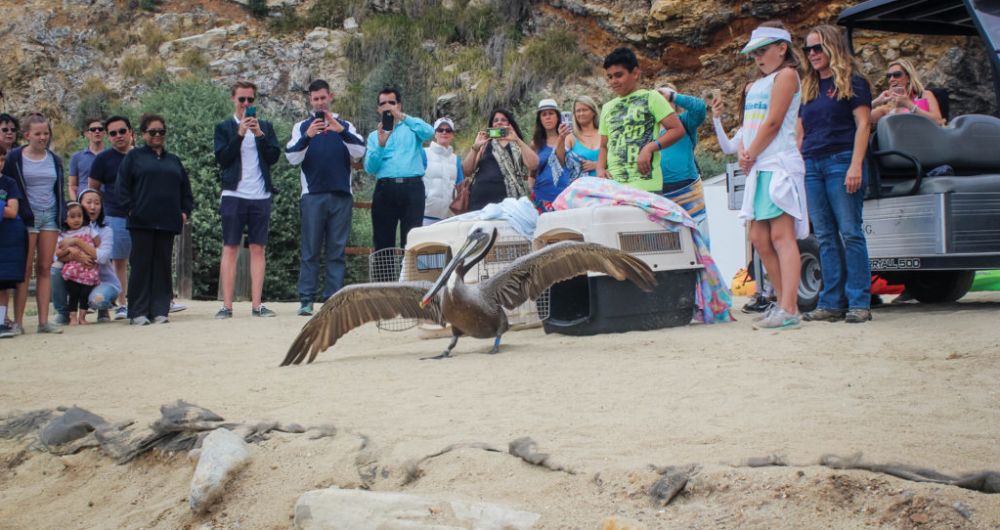
In every department there’s an opportunity. For instance, in engineering an eco-forward effort included changing all of the lightbulbs to LED. Cathy is excited to see those numbers.
In addition to building a Green Team, Terranea was one of 10 hotels chosen nationwide to be part the World Wildlife Fund’s Food Waste pilot program. “If you think about it, all of our food comes from agriculture, and if you’re using all of this land for agriculture, you’re ruining animals’ habitats,” says Lauren. “By cutting back on food waste, we’re not going to have to take over all of these animals’ habitats anymore.”
In America we waste 40% of our food. At Terranea the associates’ effort to divert food waste includes various campaigns like ‘Skip the Tray’. This campaign implemented the permanent removal of trays from the employee dining room, as well as the inclusion of smaller plates.
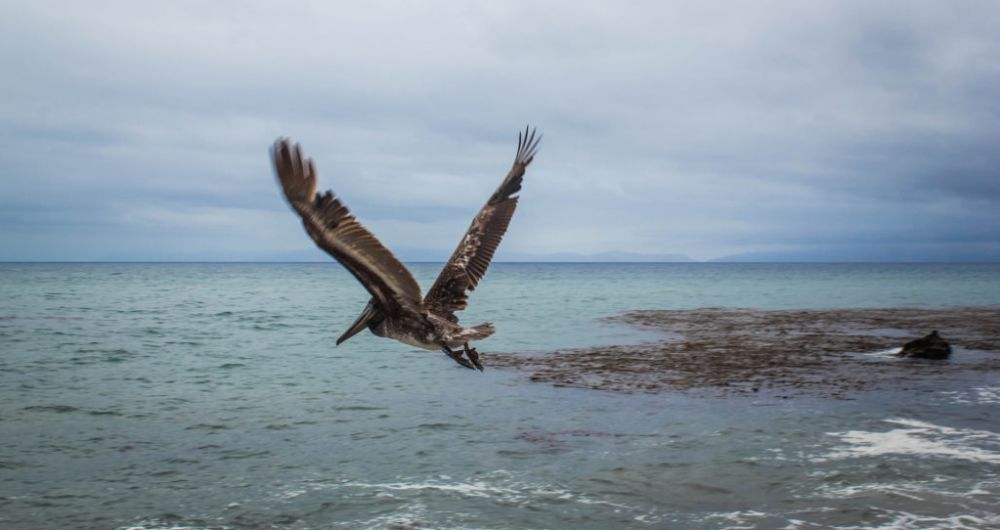
To borrow from the Terranea Green Team’s mission statement, luxury isn’t sacrificed for sustainability. At the resort’s fine dining destination mar’sel, the method FLOSS (Fresh, Local, Organic, Seasonal and Sustainable) is championed.
Another active campaign is Skip the Straw. “In the U.S. we use 500 million plastic straws per day. That’s in America alone. In a day!” stresses Lauren.
As part of the initiative, servers were encouraged to ask guests whether they’d like a straw before giving them one. “Just by asking the question, ‘Would you like a straw today?’ makes a person think, ‘Do I need one?’” The food and beverage team were fully on board and brought in paper straws for guests. The restaurants have also opted for post-consumer and compostable containers for carry-out.
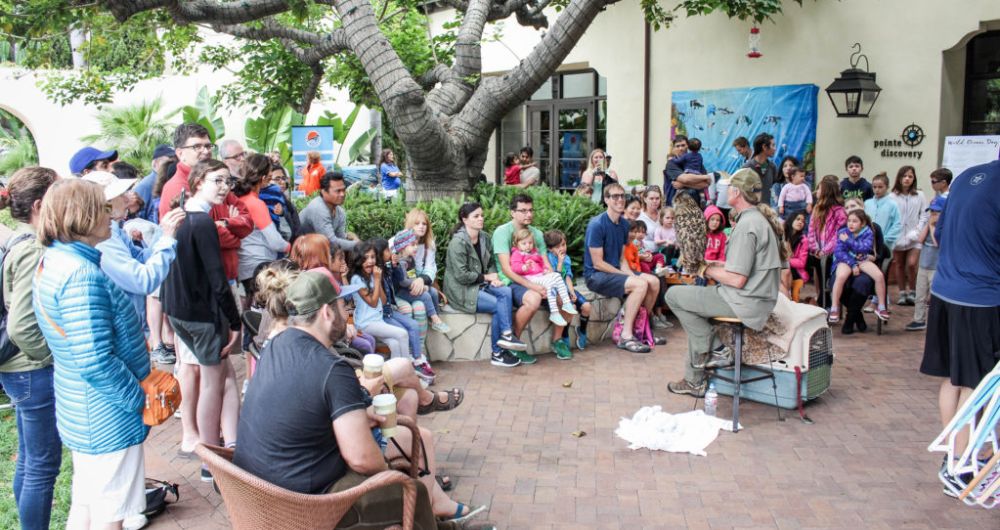
“It’s nice that a hotel wants to be a part of a sustainability initiative, because there are so many options,” says Lauren. “Especially on a property like this, you definitely want to give back to the environment because it’s giving you so much.”